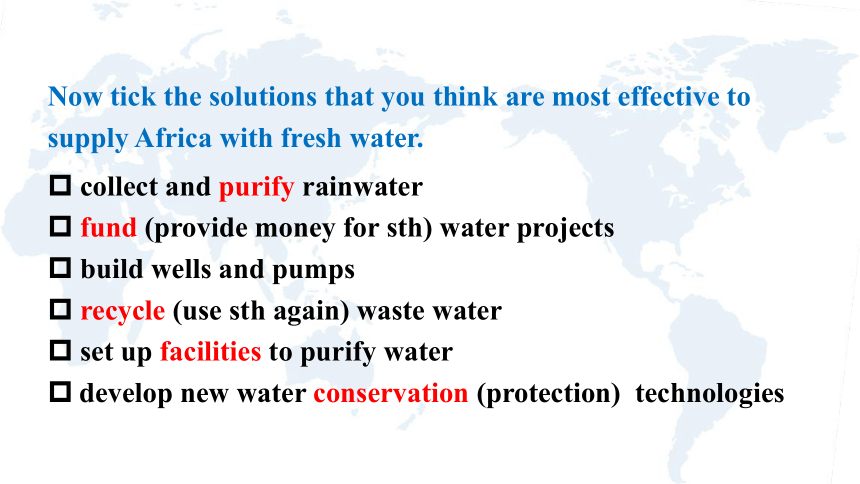Understanding the Difference in Secured and Unsecured Loans: Which One is Right for You?
Guide or Summary:What are Secured Loans?What are Unsecured Loans?Key Differences Between Secured and Unsecured LoansWhich Type of Loan Should You Choose?**D……
Guide or Summary:
- What are Secured Loans?
- What are Unsecured Loans?
- Key Differences Between Secured and Unsecured Loans
- Which Type of Loan Should You Choose?
**Difference in Secured and Unsecured Loans** (担保贷款和无担保贷款的区别)
When it comes to borrowing money, understanding the **difference in secured and unsecured loans** is crucial for making informed financial decisions. Both types of loans serve different purposes and come with their own sets of advantages and disadvantages. In this article, we will explore these differences in detail, helping you determine which loan type is best suited for your needs.
What are Secured Loans?
Secured loans are financial products that require the borrower to provide collateral. This means that the loan is backed by an asset, such as a house, car, or savings account. If the borrower fails to repay the loan, the lender has the right to seize the collateral to recover the owed amount. Because of this reduced risk for the lender, secured loans typically offer lower interest rates compared to unsecured loans.

What are Unsecured Loans?
In contrast, unsecured loans do not require any collateral. Instead, these loans are granted based on the borrower’s creditworthiness and ability to repay the loan. Since the lender is taking on more risk with unsecured loans, they often come with higher interest rates. Common examples of unsecured loans include personal loans, credit cards, and student loans.
Key Differences Between Secured and Unsecured Loans
1. **Collateral Requirement**: The most significant difference lies in the collateral. Secured loans require an asset to back the loan, while unsecured loans do not.
2. **Interest Rates**: Due to the collateral backing secured loans, they generally have lower interest rates. Unsecured loans, being riskier for lenders, often carry higher rates.
3. **Loan Amounts**: Secured loans often allow for larger borrowing amounts since they are backed by valuable assets. Unsecured loans typically offer smaller amounts, as they rely solely on the borrower’s creditworthiness.

4. **Risk of Asset Loss**: With secured loans, the risk of losing your asset is a real concern if you fail to make payments. Unsecured loans do not put your assets at risk, but they can severely impact your credit score if you default.
5. **Application Process**: Secured loans may require a more extensive application process, including asset appraisal. Unsecured loans can sometimes be processed more quickly, as they focus primarily on credit history.
Which Type of Loan Should You Choose?
Choosing between secured and unsecured loans depends on your financial situation and goals. If you have valuable assets and are looking for a lower interest rate, a secured loan may be the better option. However, if you prefer not to risk your assets and are confident in your ability to repay, an unsecured loan could be more suitable.
Before making a decision, it’s essential to assess your financial health, credit score, and repayment capabilities. Additionally, consider the purpose of the loan. For significant purchases like a home or car, secured loans are often the way to go. For smaller, immediate needs, unsecured loans may suffice.

In conclusion, understanding the **difference in secured and unsecured loans** is vital for anyone considering borrowing money. Each type has its pros and cons, and the right choice will depend on your individual circumstances. Always conduct thorough research and consult with financial advisors if necessary to make the best decision for your financial future.